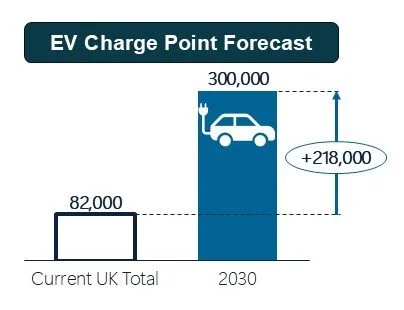Making Electric Vehicles More Accessible: The UK’s New Grant Scheme
The transition to electric vehicles (EVs) in the UK is accelerating, driven by environmental targets and technological advancements. However, upfront costs remain a significant barrier for many households. In response, a new wave of government and manufacturer-backed incentives aims to make EV ownership more attainable.
UK Electric Car Grant: A Targeted Approach
Launched in July 2025, the UK government’s Electric Car Grant is a £650 million initiative designed to reduce the cost of new EVs. The scheme offers either a £3,750 or £1,500 discount at the point of sale, depending on the manufacturer’s sustainability credentials. To qualify, vehicles must cost £37,000 or less, offer a minimum 100-mile range, and include a long-term battery warranty [1]. Discounts are applied automatically at dealerships, with nearly 50 models currently eligible.
Beyond the initial savings, the grant can reduce leasing costs by up to 10% and lower annual running costs by approximately £1,500 compared to petrol vehicles. The growing second-hand EV market further enhances affordability, with many models now available under £20,000 [2].
This initiative supports the UK’s commitment to end the sale of new petrol and diesel cars by 2030. In 2024 alone, one out of five cars sold were zero-emission [2]. This is expected to rise as financial barriers are lowered.
Strengthening EV Infrastructure
As the UK maintains its position as Europe’s largest EV market, infrastructure investment continues. £6 billion has been invested privately to support the goal of 300,000 public chargers by 2030. In addition, a £63 million government fund has been allocated to [3]:
Help local councils install cross-pavement charging solutions
Electrify business fleets
Expand access at over 200 NHS sites
This approach is helping to close the charging gap for residents without driveways and improve the overall user experience.
The grant scheme also incentivises manufacturers to improve sustainability across their supply chains. Eligibility criteria are tied to emission reductions, which therefore encourages cleaner production methods and rewards companies with strong environmental records. These efforts align with the government’s £2.3 billion investment to support UK manufacturers such as Vauxhall, Land Rover, and Rolls-Royce pursue the Zero Emission Vehicle Mandate [4].
Looking Ahead
The Electric Car Grant is scheduled to run until 2029 or until the allocated funding is exhausted. Prospective buyers are encouraged to act promptly to benefit from the scheme. When combined with salary sacrifice programmes and favourable Benefit-in-Kind tax rates, the financial case for EV ownership becomes even stronger.
These incentives are driving meaningful progress in the UK’s EV transition. By reducing costs and improving infrastructure, the scheme supports a broader shift towards sustainable transport, one that benefits consumers, manufacturers, and the environment alike.
Contact us to find out how Deecon’s subject matter experts can support your organisation in navigating the complexities of the rapidly changing EV market.
Words by Philip Van Der Kloot Meijburg
Edited by Anna Pringle


